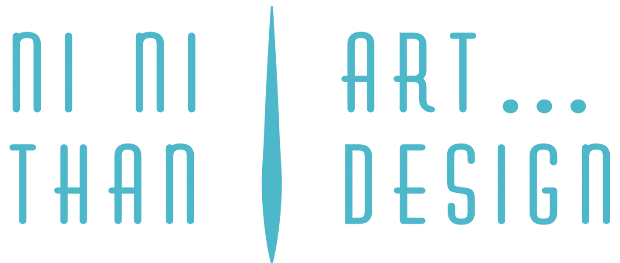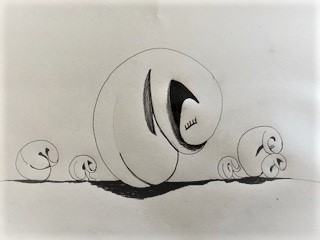Week 4 -5:
Secondary Research… This past week, I have been both reading about research frameworks and sources, the critical thinking process, conceptual reviews, and delving deeper into my topic of interest. I realise that I need to start being more critical of my sources, and really work the KEYWORDS. Honestly, my mind is quite a jumble of what the proper steps to take next are. but I imagine that this is somewhat a trial and error process. It’s not that I haven’t done a thesis project before, it’s that this topic is a bit broader than my previous topics that focused on very specific subjects with the end product being a creative interpretation.
The topic I am focusing in on now, I am discovering is a very fluid subject that has only recently been studied seriously in the past decade or so: Adjustment Disorders and it’s subtypes. Only recently has the Diagnostic and Statistical Manual of Mental Disorders (DSM-5) and International Statistical Classification of Diseases and Related Health Problems, 11th edition (ICD-11) included adjustment disorder in a separate chapter of stress-related disorders.[1] It seems this category has been long neglected in clinical research; however. the stressors created by the Covid-19 pandemic has created a plethora of possible research opportunities regarding this at times self-resolving and other times a precursor of clinical depression.
It seems it’s time has come… I want to focus on adjustment disorder – subtype depressive mood, but so far, I have not had much luck searching for more than a handful of article and reviews of clinical studies. At present they have mainly focused on separating adjustment disorder from clinical depression which is a very necessary first step, yet the criteria process seems to be still evolving. I am excited about the possibilities that could be happening now with clinical research specifically because of Covid-19. The time is so ripe. I have to find clinical research happening now… What methods are they using to identify the disorder, how are they finding/qualifying their subjects, where are they setting up their studies, what parameters are they using to define and identify adjustment disorder, and are they breaking them down into their subtypes? I want to specifically focus on the depressive mood subtype because it seems that treatment for that category does not necessarily require medication or medical therapy.
In the back of my mind, I know to follow this path, it would be wise to take the NYU Institutional Review Board CITI Training. There is just a lot of options lined-up in my mind and I would like to sort them out… efficiently if possible.
Trying to keep the paths open and be ready to change course if necessary.



Recent Comments